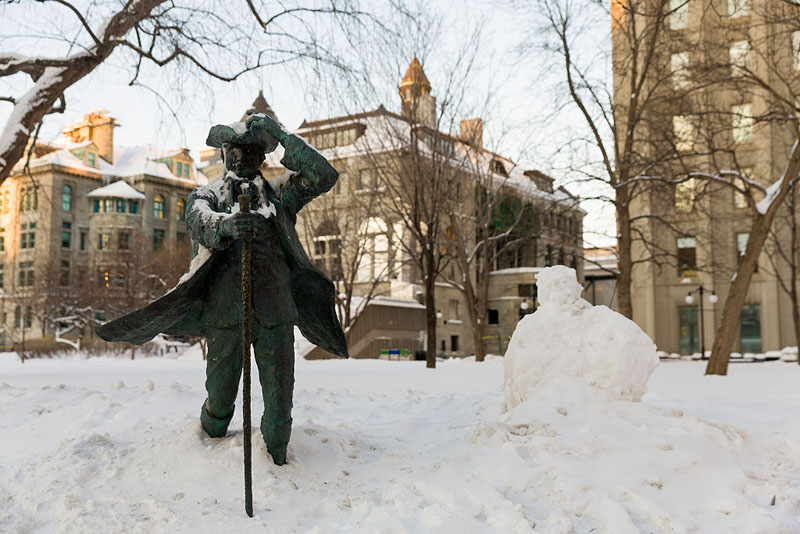University admission offices across Canada are seeing far more American applicants than normal in the aftermath of Donald Trump’s victory in the U.S. presidential election.

University of British Columbia president Santa Ono tweeted late Wednesday about a sharp increase in Americans wanting to study there:
READ: How Trump’s immigration crackdown could raise food prices for Canadians
The same thing is playing out from coast to coast:
- American applicants to the University of Toronto are up 59 per cent compared to this time in 2015: 339 from 213. “We had nearly 10,000 U.S. visitors on our future students website on Nov. 9 compared to about 1,000 on Nov. 7, ” spokesperson Althea Blackburn-Evans wrote in an e-mail. “These are very early numbers and may shift quite a bit as the mid-January deadline approaches.”
- U.S. applicants at Acadia University in Wolfville, N.S. are up 76 per cent over this time last year. “They’re not large numbers,” cautioned spokesperson Sherri Turner, but then neither is the school, she says, at 3,400 students.
- McGill University’s U.S. applicants were up 30 per cent on Nov. 18 compared to Nov. 18, 2015. Other international applicants to McGill are up 16 per cent, which may reflect international students’ reluctance to study in the United States after the election.
- Mount Allison University in Sackville, N.B. couldn’t immediately release figures. American students at Mount Allison are traditionally mostly from New England, but admissions staff are noticing an unusual number of applications from other parts of the U.S. this year, said associate registrar Curtis Michaelis.
“They’re from locations that we don’t typically draw applications from, and where we don’t recruit actively: Ohio, Hawaii.”
“We’re a small school, so it’s not like we have exorbitant numbers, but we’ve had 15 (American) applications when typically we’d have one or two a day,” he says. “It seems to be more than coincidence.”
READ: New immigration rules make it easier for Americans to work and stay in Canada
Changes to federal immigration rules announced just after the U.S. election make it much easier for non-Canadians to stay and work here after going to a Canadian university, and smooth the path to citizenship.
First, explains Toronto-based immigration lawyer Dan Mendelbaum, immigration applicants get points for having a Canadian degree or diploma. (The more points, the more competitive the citizenship applicant is.)
“People who have studied in Canada are eligible, after they have studied, for a post-graduation work permit,” he says. “That’s a work permit that is not employer-specific, that will allow them to work anywhere in the country for any employer to acquire Canadian work experience.”
WATCH: Hillary Clinton, speaking for the first time since her concession speech, said said that “I know many of you are deeply disappointed about the results of the election. I am too.”

The work experience, in turn, leads to more points.
“The (immigration) system is competitive, and it gives you the tools to be more competitive than a foreign national who studied elsewhere and hasn’t worked in Canada.”
As well, Americans tend to do well on English fluency tests, which leads to even more points.
Mendelbaum expects Ottawa to start crediting part of the time spent in this country as a student against the time that a permanent resident must live here before being eligible for citizenship.
This month, U.S.-based Google searches for “university in Canada” hit its highest level since the fall of 2004, and “college in Canada” hit its highest level ever recorded.



Comments